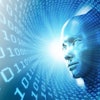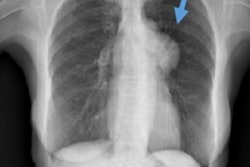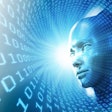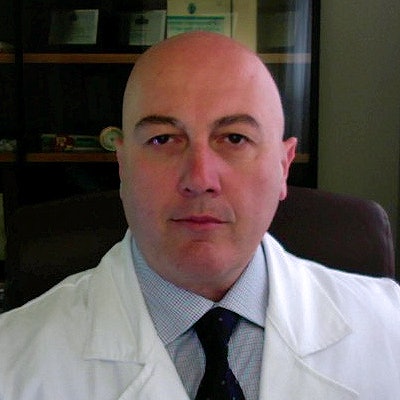
I read the three published articles on AuntMinnieEurope.com about whether radiographers can report chest x-ray as well as radiologists, and I would like to reply to the latest article, "Radiographers: 'Yes, we can read chest x-rays'."
First of all, I fully agree with Dr. Giannotti when she states the U.K. imaging service is different from the Italian one -- and, I would also say, the European one. In the U.K., there are not enough radiologists to cover the demand of the National Health Service (NHS), and, therefore, the workload must be distributed to other professional figures in the radiological arena. Out of necessity, the NHS has compensated for this deficiency.
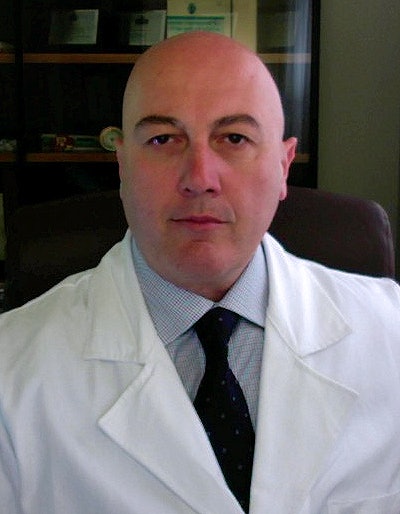 Dr. Emanuele Neri.
Dr. Emanuele Neri.The situation has, therefore, generated an integrated process between radiographers and radiologists, with redistribution of responsibilities in the patient's diagnostic path. But it remains clear that the final lead of the process is the radiologist.
It is not a matter of professional quality and skills of radiographers in the U.K., which are excellent, as stated by Richard Evans, and which are equally excellent in other European countries.
On one side of the coin is the standard requirements for reporting a chest x-ray in the U.K., which are not fully illustrated in the paper by Nick Woznitza, PhD, published in Academic Radiology on 30 April 2018, and which are not compared with those of other European countries, including Italy. Therefore, the authors' statement that "the results are generalizable to a wider population of trained reporting radiographers” is not applicable in reality.
On the other side of the coin is the concept of reporting. The radiological report, which is a medical act, is here understood as a description of findings. Words like "reading" or "reader" do not describe the entire radiological task or describe completely what a radiologist does. Reading can be asked of any professional figure of a technical nature, and it can also be accurate and perfectly descriptive of what is visible to a trained eye.
But reporting is another matter -- it is the medical act that starts from a clinical context, and, through an expert reading, transfers the findings in such a precise clinical context. This is what the radiologist does, and it cannot be delegated to other professionals.
The studies that have repeatedly compared the reading skills of radiographers versus radiologists (chest, CT colonography, etc.), showing there are no differences in reading performances, are comparing apples with pears because the equation is not sustainable. Trying to prove that "radiographers = radiologists" is the wrong exercise because the skill sets of the two professional groups are different, but certainly the formula "radiologists + radiographers = better service for the patients" is valid!
Dangerous statement
Regarding Dr. Giannotti's statement, "Having adequately trained technicians or an artificial intelligence system will help the radiologist to concentrate better on the management of the patient and other difficult tasks," I think is very dangerous.
As I understand it, a well-trained radiographer would allow the radiologist to focus on patient management using reports produced by radiographers; the reading would then be assimilated to the product of a laboratory analysis where the clinician observes the liver function data, or the factors of the inflammation, and relates them to the patient's symptoms.
The problem is this similarity is not really applicable, the equation "imaging findings = lab value" is absolutely wrong. A further relapse of the reading of the radiographers will be the lack of training of radiologists. If this task is slowly assimilated by radiographers, then radiologists will not be adequately trained because they will demote this task, and, therefore, will not be able to make informed decisions about the diagnostic pathway of patients.
On the effectiveness of artificial intelligence (AI), I would suggest caution here. Should the radiologist assign the reading and interpretation task to radiographers or the machine- or deep-learning system to do anything else and better manage the patient?
An AI system acts as a pure reader and is also a very expert reader able to extract information that is not visible to the trained eye, such as imaging biomarkers and radiomics signatures (processing big data, an exercise which is impossible for the human brain). So if the equation "radiographers = radiologists" is not applicable, because radiologists are medical doctors, could the equation "radiographers = AI" perhaps be applicable? This equation would be very welcome to a health system that wants to reduce personnel costs, but the future risk is that even radiographers may be replaced by AI. This could happen much more easily than replacing the radiologist because radiographers are required to "read" but not make medical decisions.
We can train anyone or any software to be a good reader, but the doctor always remains a human being. Reporting is not about reading alone; it is a medical act that implies decisions about the patient.
Therefore, the "sad spectacle" (as stated by Richard Evans) is a mistake, because the title of the article should be changed to "Yes we can read chest x-rays, but only in the NHS."
Dr. Emanuele Neri is a professor in the department of translational research at the University of Pisa in Italy.
The comments and observations expressed herein do not necessarily reflect the opinions of AuntMinnieEurope.com, nor should they be construed as an endorsement or admonishment of any particular vendor, analyst, industry consultant, or consulting group.
